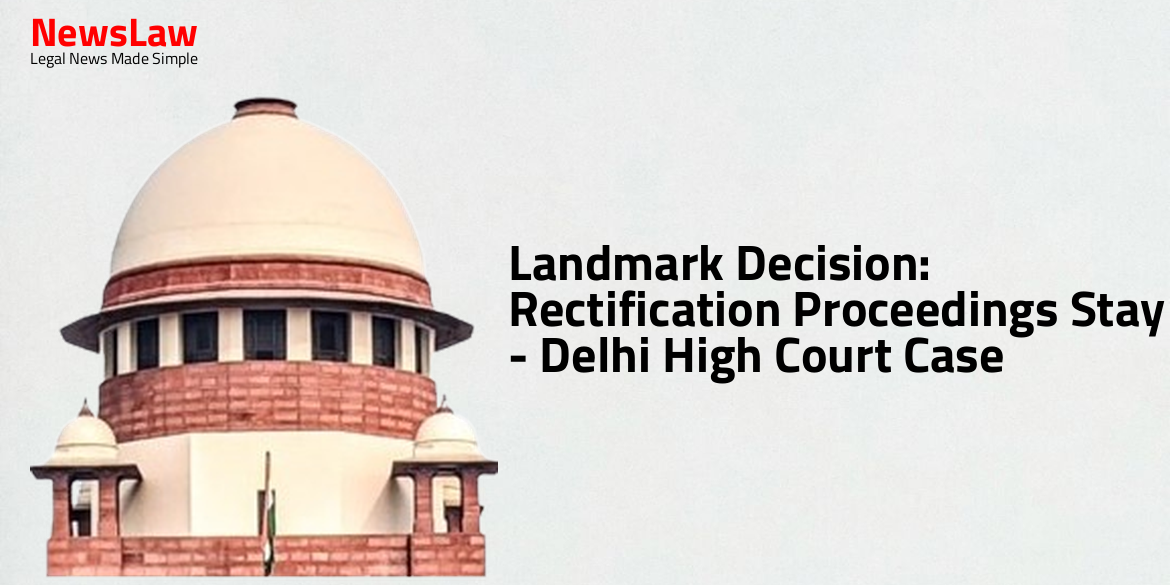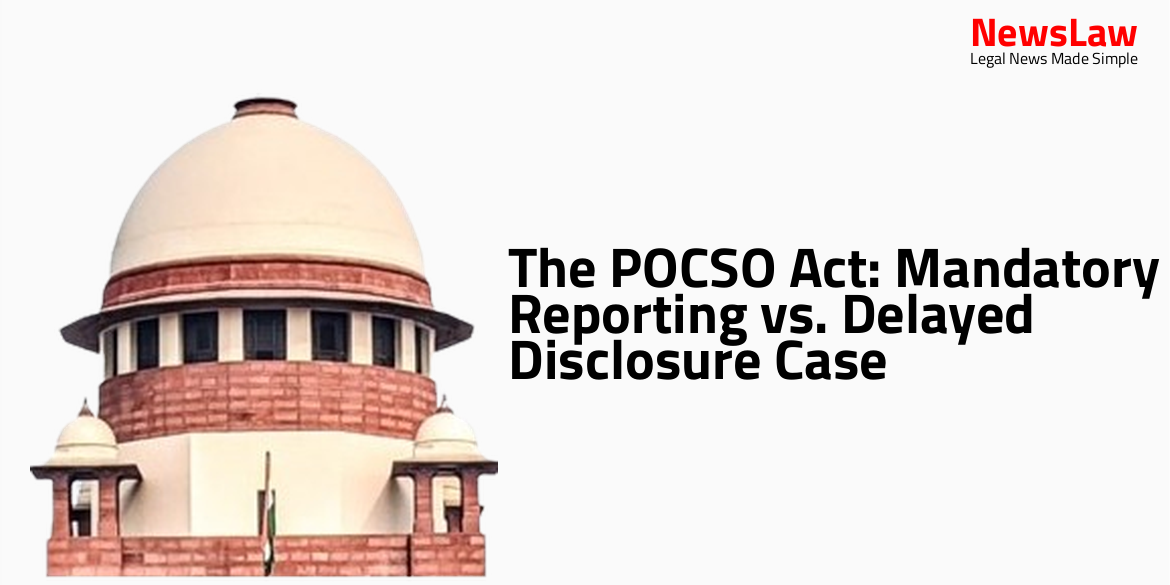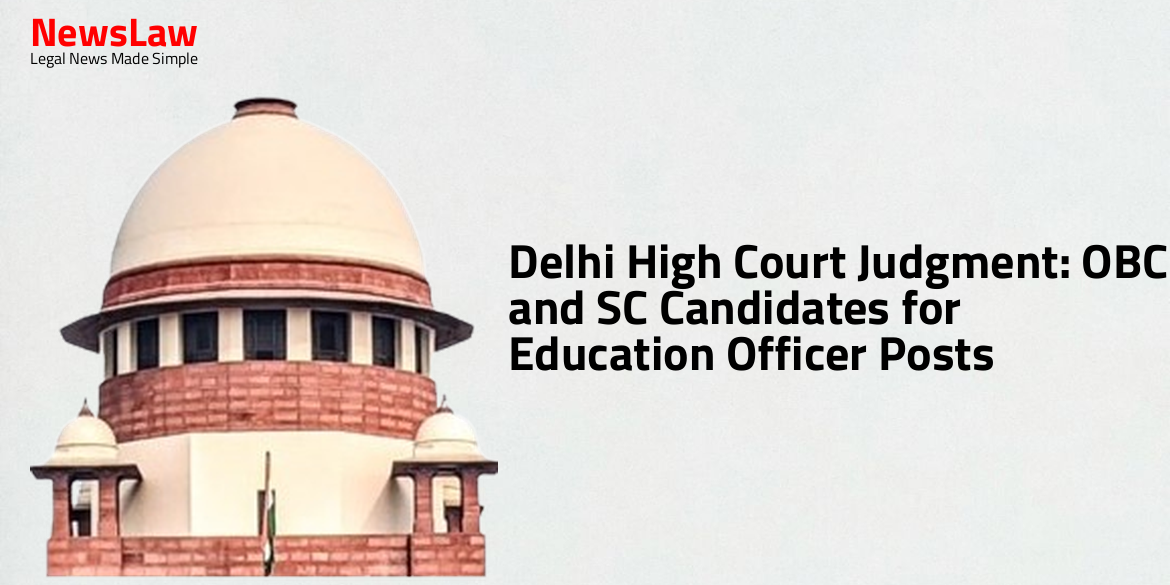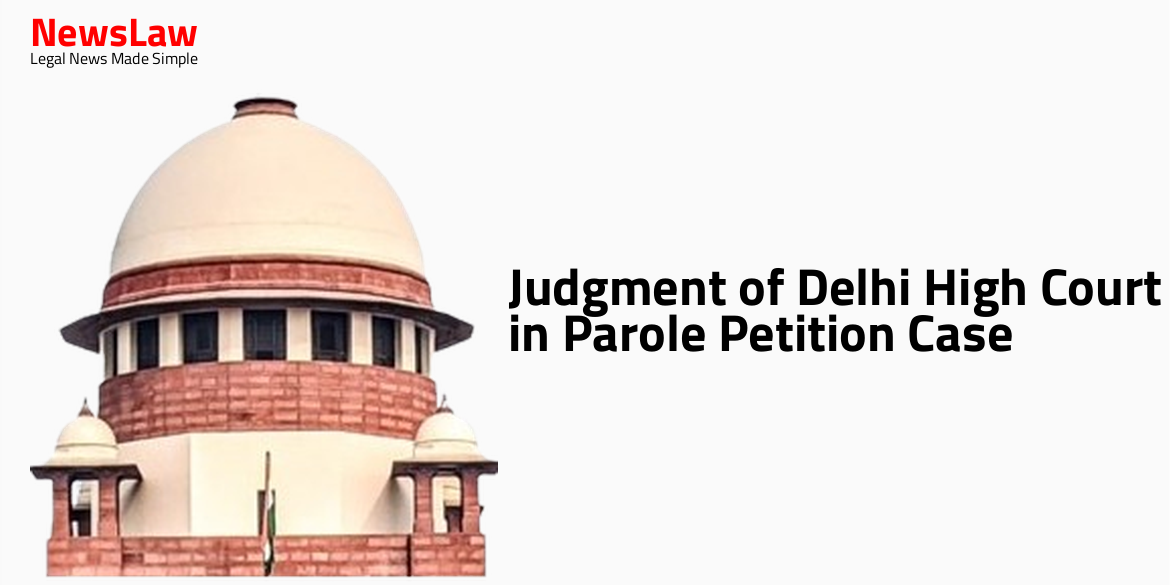In a significant ruling by the Delhi High Court, a landmark decision has been made regarding rectification proceedings stay in a case involving trademarks. Stay informed about the implications of this ruling for the legal landscape. #DelhiHighCourt #TrademarkLaw
Facts
- The petitioner filed a challenge to the validity of the mark held by the respondent-plaintiff.
- The petitioner moved an application under Section 124(1) of the 1999 Act for the framing of an issue regarding alleged invalidity.
- Section 124(1)(ii) allows the trial court to consider the prima facie tenability of a plea of invalidity and grant the applicant an opportunity to initiate rectification proceedings if the plea is deemed tenable.
- The suit court will stay the proceedings on the suit pending the outcome of the rectification proceedings.
- Sana Herbals noted the abolishment of the Intellectual Property Appellate Board and the reversion of its jurisdiction to the High Court due to amendments introduced by the Tribunal Reforms Act, 2021.
Issue
- The issue raised was whether the rectification petition could have been filed before the Commercial Court had determined the tenability of the challenge raised
- The learned Single Judge noted this issue and observed that it needed consideration
- No further details were provided in the summary regarding the ruling or decision on this point
Arguments
- Learned Counsel for the appellants agreed that early disposal of the matter would be beneficial for the parties.
- The issue of bar of jurisdiction under Section 111 of the Old Act, corresponding to Section 124 of the New Act, would not be raised by the appellants.
- A rectification petition under Section 124(2) of the 1999 Act grants a right to stay the suit until the rectification proceedings are finalized.
- Commercial courts under the 2015 Act may be established at the District level or as Commercial Divisions in High Courts.
- The decision in Sana Herbals was questioned for misinterpreting the requirement of stay of an infringement suit upon filing a rectification application, as per Patel Field Marshal Agencies.
- The role of the High Court in handling rectification petitions was emphasized in the argument.
- The legislative history before the Trade Marks Act, 1940, was briefly discussed.
- The possibility of separate forums for infringement suits and rectification proceedings was highlighted.
- Submission was made regarding the need for the suit court to await the outcome of rectification proceedings when a plea of invalidity is raised.
- The mandatory nature of staying suit proceedings as per Section 124 of the 1999 Act was stressed.
- The importance of sequencing decisions on validity and infringement as contemplated by the Act was emphasized.
- Contrary positions on the requirement of staying a suit pending rectification proceedings were presented.
- The jurisdiction of commercial courts under the 2015 Act in relation to commercial disputes of specified value was noted.
- The imperative character of Section 124 of the 1999 Act was underlined, requiring the suit court to stay proceedings upon fulfilling certain conditions.
- The aim of Section 124 of the 1999 Act to avoid conflicting decisions and multiple proceedings was discussed.
- Mr. Agarwal, counsel for the respondent, argued in line with others that the IPAB abolition does not obviate the need for a stay of suit proceedings.
- He referenced Patel Field Marshal Agencies and Section 124 of the 1999 Act to support his stance on the necessity of staying suit proceedings.
- Mr. Agarwal emphasized the lack of mechanisms in the 1940 Act for ensuring consistency between different courts handling infringement and validity challenges.
- His position was that despite the historical framework in the 1940 Act for challenging registration validity, it did not provide means for harmonization between courts and the Registrar’s decisions on validity.
Analysis
- The Division Bench in Puma Stationer has cited Elofic approvingly, where the rectification petition was filed along with the written statement before the framing of any issue in the suit or adjournment of the proceedings.
- The rectification petition in the present case cannot be dismissed as not maintainable merely because it was filed before any issue was framed by the court on the validity challenge to the VENUS mark of Venus by Mahalaxmi.
- The intention of the Legislature is that the Court trying the suit must wait for the result of rectification involving the validity of the registration.
- The applicable provision at that time was Section 111 of the Trade and Merchandise Act 1958 (the TMAA 1958).
- Paras 10 and 42 of the judgment of the Supreme Court in Patel Field Marshal v. P.M. Diesels Ltd recognises that Section 111 of the TMAA 1958 is in pari materia with Section 124 of the present Trade Marks Act and that the law that developed with respect to Section 111 of the TMAA 1958 would apply mutatis mutandis to Section 124 of the present Trade Marks Act.
- In the analysis part of the judgment, the court delves into the various sections of the Trade Marks Act, 1999 and the Trade and Merchandise Marks Act, 1958 to ascertain the legislative intent regarding the stay of proceedings in cases where rectification petitions are filed.
- The court emphasizes the importance of staying suit proceedings pending the final outcome of rectification or cancellation proceedings, as mandated by Section 124(1) of the 1999 Act and its predecessor, Section 111 of the 1958 Act.
- It is noted that the dynamic effect of the registration of a trademark determines the jurisdiction of the court where a rectification petition should be filed, either before a High Court or the IPAB (prior to its abolition).
- The judgment refers to key decisions like Patel Field Marshal Agencies and Puma Stationer, which underline the necessity of staying suit proceedings to avoid conflicting decisions and ensure the coherence of rectification and infringement actions.
- The court also analyzes the recommendations of the Ayyangar Committee and the amendments made post the establishment of the IPAB, highlighting the exclusive jurisdiction of the High Court in rectification matters post the abolishment of the IPAB.
- The judgment scrutinizes the procedure for placing suit proceedings in abeyance, the binding nature of final orders in rectification proceedings, and the significance of the legislature’s intention in preventing multiple proceedings on the same issue.
- It is pointed out that regardless of the jurisdiction under which rectification proceedings are filed, the suit court must await the outcome before proceeding further, ensuring consistency in legal determinations and avoiding undue delay or confusion.
- The court underscores that the statutory provisions, particularly Section 124(1) of the 1999 Act, unequivocally direct the stay of suit proceedings upon the initiation of rectification petitions or the raising of invalidity challenges, thereby maintaining the integrity and efficiency of the legal process.
- Section 111 of the 1958 Act deals with the stay of proceedings where the validity of the registration of a trademark is questioned.
- If rectification proceedings related to the trademark of the plaintiff or defendant are pending before the Registrar or High Court when an infringement suit is filed, the suit remains stayed.
- If no rectification proceedings are ongoing at the time of the suit filing, and the issue of validity of the registration arises later and is found tenable, the court frames an issue and stays the suit for three months to allow for application for rectification.
- If an application for rectification is made within the specified time, the trial of the suit remains stayed.
- If no rectification application is made within the specified time, the issue of validity of the trademark registration is considered abandoned, and the suit continues on other issues.
- The court can decide necessary questions related to rectification in connection with Section 111 proceedings.
- The provisions ensure that the validity of trademark registrations is thoroughly examined before proceeding with infringement suits.
- Consolidation of proceedings related to the same or related IPR subject matters is allowed by the court for efficiency and effective adjudication.
- The decision in Sana Herbals is overruled.
- The judgment in Patel Field Marshal Agencies was misconstrued.
- There is no automatic stay of proceedings in contingencies under Section 124(1) of the 1999 Act.
- The obligation to stay proceedings is not obviated by the abolition of the IPAB.
- Parties must inform the court of pending rectification actions or request the court to stay proceedings if a validity issue is raised.
- The stay of proceedings is not eliminated and may be requested by parties.
- Sana Herbals failed to consider the earlier decision in Puma Stationer.
Decision
- The matter regarding the RPC was placed before the appropriate Roster Bench on 27.05.2024
- The Reference has been answered accordingly
- The tentative opinion expressed in Paragraph 58 will be considered
Case Title: MR. AMRISH AGGARWAL TRADING AS M/S MAHALAXMI PRODUCT Vs. M/S VENUS HOME APPLICANCES PVT LTD. & ANR (2024:DHC:3991-DB)
Case Number: C.O. (COMM.IPD-TM)-258/2022



